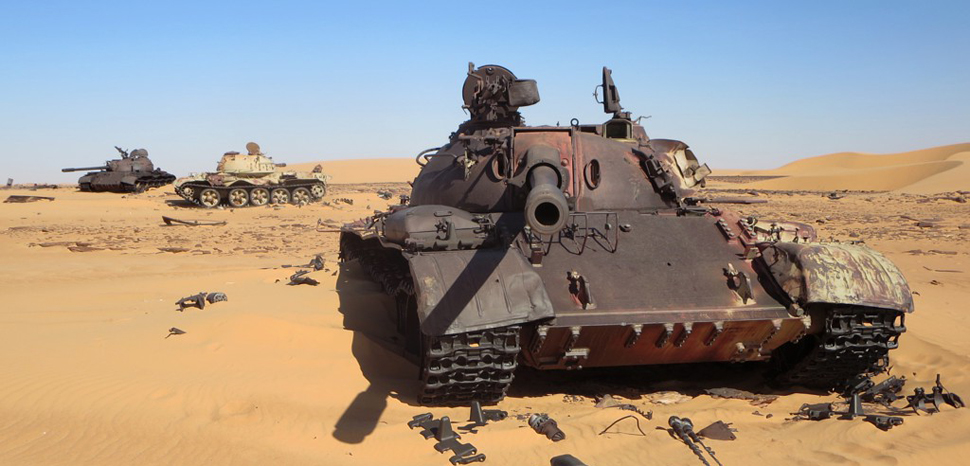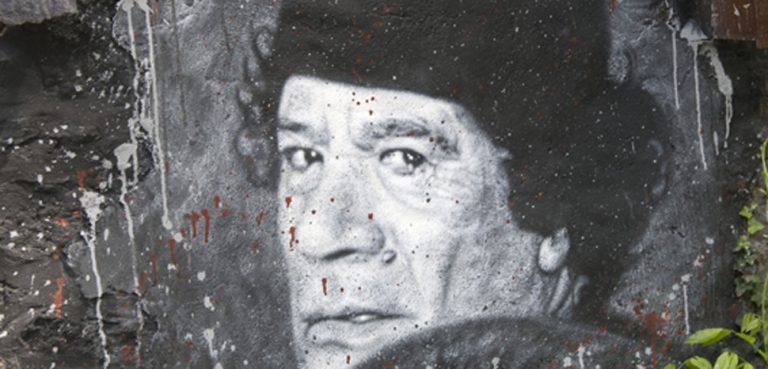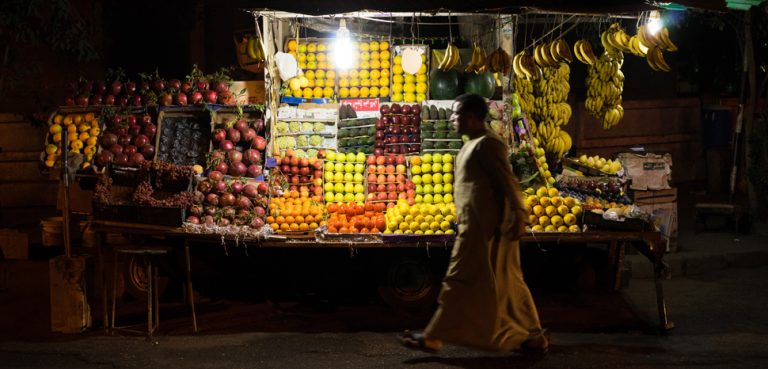Nearly a decade after the overthrow of Libyan Dictator Moammar Ghadhafi, Libya remains in chaos. Following recent developments, Libya stands to become a battleground between Egypt and Turkey, whose rivalry has its roots in the Arab Spring. In Libya, the UN-recognized Government of National Accord (GNA) has the backing of Turkey due to the presence of Muslim Brotherhood ideology within the government, and the Libyan National Army (LNA) has the backing of Egypt, as it poses an alternative to Islamist elements in the Libyan capital of Tripoli. Though the conflict in Libya has multiple dimensions and numerous actors, Turkey and Egypt’s rivalry is poised to take center stage.
Egypt’s Declaration
President Abdel Fattah al-Sisi’s disdain for the GNA cannot be solely captured through the traditional lens of state politics. Instead, it must be examined through the circumstances which propelled Sisi to the Egyptian presidency. The Arab Spring in Egypt saw the overthrow of President Hosni Mubarak and the election of President Mohammad Morsi, who was backed by the Muslim Brotherhood. In 2013, the Egyptian military ousted Morsi and installed the current administration, which in turn designated the Muslim Brotherhood a terrorist organization and forced many of their members into exile in Turkey. All the while these upheavals were occurring in Egypt, President Erdogan remained vocal supporter of the Muslim Brotherhood and the group’s Islamist ideology.
To Sisi, Turkey’s support for the Muslim Brotherhood in Libya reopened old wounds. The Egyptian president was given an opportunity to intervene on the part of the LNA when General Haftar rejected the mandate of the Muslim Brotherhood-dominated National Congress and formed his own rival government, paving the way to the current civil war. Initially, the LNA found success, seizing key oil fields in the eastern regions of the country and pushing the GNA back to its stronghold of Tripoli. And thus Egypt was content with the state of the conflict: the LNA serving as a buffer between Egypt and the GNA’s ‘Islamists.’
However, following the LNA’s failed Tripoli offensive and increased Turkish involvement in the conflict, President Sisi issued a threat to intervene in Libya’s civil war. This intervention would only occur if the GNA and Turkey seized the city of Sirte and the Al-Jufra air base. These sites are the last defensive positions the LNA can take before a series of oil fields. The threat comes after a failed attempt by Egypt to arbitrate negotiations, but Turkey and the GNA never reciprocated their interest. Turkey’s disinterest in negotiation and an expanded Turkish presence in Libya signals to Egypt that a political solution is not on President Erdogan’s agenda.
The Libyan Powder Keg
Following Defense Minister Hulusi Akar’s visit to Libya, reports emerged of a Turkish permanent presence at the Al-Watiyah air base, signaling efforts to further deepen Turkish influence in the region. Turkey then deployed a MIM-23 Hawk Air Defense System on July 3rd. In response, an Emirati aircraft stationed in Egypt apparently conducted a strike on the base, destroying the aforementioned air defense systems. The attack resulted in no casualties, but severely hampered Turkish operations in Libya.
Within hours of the strike, the GNA vowed to respond. On July 6th, Turkey designated the LNA-held Al-Jufra air base as a military target, the strategic point designated a ‘red line’ for Egyptian intervention. Turkey’s designation of the base as a military target indicates a disregard for Sisi’s own ‘red line’ and signals a potential escalation of what has essentially been a proxy war into direct confrontation between Turkey and Egypt.
Despite Egypt’s threats of intervention, Turkey and the GNA have every reason to take Sirte and the Al-Jufra air base, as their seizure would help end a crippling oil embargo imposed by the LNA to starve the GNA of essential revenue. Conversely, Egypt has every reason to follow through on their own threat. If the GNA advances on Sirte, then Haftar’s forces retreat once again, bringing the GNA ever closer to victory and ever closer to Egypt’s borders.
Following the strike on the Al-Watiyah air base, it seems a political solution is off the table and the conflict is destined to escalate further. Turkey’s commitment to retribution for the Al-Watiyah strike will bring the country closer to Sisi’s ‘red line’ and direct confrontation with Egypt. Any military solution could take years as both sides have yet to show any sign of backing down. The international community holds its breath awaiting what comes next, but don’t hold yours.
The views expressed in this article belong to the author alone and do not necessarily reflect those of Geopoliticalmonitor.com or any institutions with which the author is associated.




